The Birkbeck Institute for the Study of Antisemitism holds seminars, workshops and conferences for scholars, and lectures, discussions and film screenings that are open to everyone.
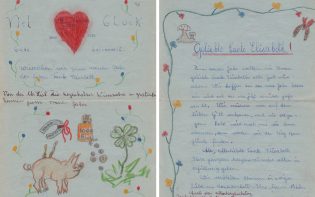
Jewish families in Nazi Europe tried to hold onto each other through letters. But wartime conditions applied. Letters were censored, and could not be sent between countries at war with each other. How to keep in contact? And, once contact was established, what to say — and about what to remain silent?
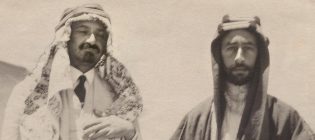
When did national self-determination become the conventional means to rectify the grievances of oppressed peoples? This transformation took place in the latter years of the Great War and had a momentous impact on the global political ideas of a post-Ottoman ‘Middle East’, the nationalist Jew, and the nationalist Arab. It was, James Renton will argue, a victory for the political thought of the Second International and its most significant legacy.
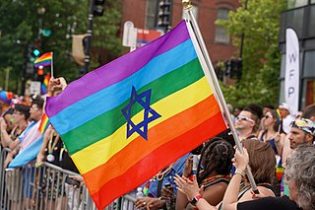
Intersectionality is a methodological approach in the social sciences that investigates the multidimensionality of power relations. Why does this framework routinely exclude antisemitism?
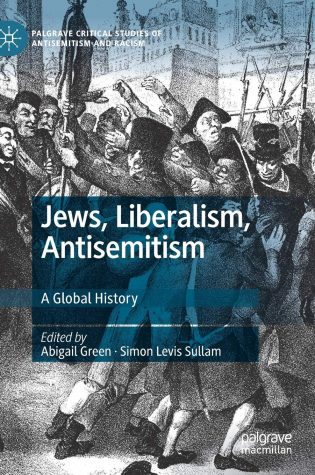
This panel discussion explores how liberalism, citizenship, nationality, religion, race and gender functioned and interacted differently in European Jewish heartlands, in the Mediterranean peripheries of Spain and the Ottoman empire, and in the North American Atlantic world.
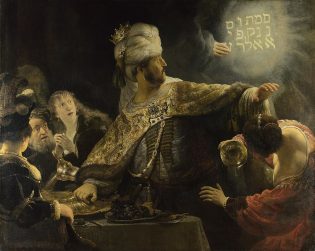
The Reformation marked a hugely significant turning point in Europe’s history. Taking Kenneth Austin’s path-breaking study, ‘The Jews and the Reformation’ (Yale University Press, 2020) as its starting point, this event, part of Birkbeck Arts Week, explores the place and significance of Jews in the Reformation, as well as the impact of the Reformation on Europe’s Jews.
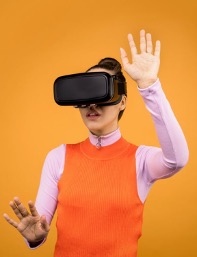
This workshop invites experts in the field to discuss the potential and limitations of mixed reality, immersive technologies for mediating difficult subject matter, such as the Holocaust, violent conflicts, humanitarian crises, forced migration, asylum seekers, racism and incarceration.
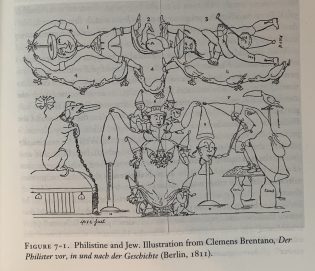
Antisemitism often mixes a sexualized horror regarding Jews with a specific kind of sexual titillation. Drawing on both Critical Race Theory and Porn Studies, this paper examines what these disciplines can add to the study of antisemitism, and places antisemitism within the larger history of race, gender, and sexuality.
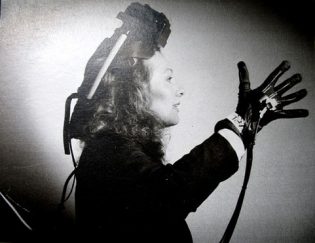
Staging Difficult Histories through Immersive Technologies invites experts in the field to showcase their research on new, immersive technologies, and identify specific concerns relating to the ethics of engagement with difficult subject matter and human experience such as persecution, discrimination, racism, and violence.
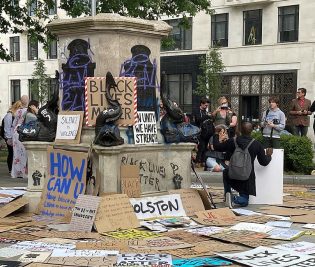
How we memorialise and study the past is being questioned today in new ways. The global reverberations of the Black Lives Matter protests of the summer of 2020 and the growing demands to ‘decolonise’ knowledge from within and without higher education challenges anyone who seeks to engage with a contentious present and troubling past.
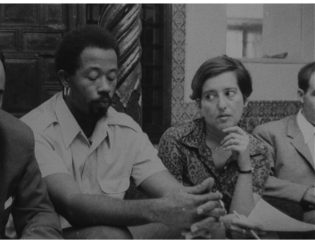
Jewish activists were a conspicuous presence in the U.S. New Left of the 1960s. This paper looks at one subset – Jews who built their lives in intimate connection to Black liberation and anti-colonial resistance movements. For these white Jews, support for these movements was both a necessary act of solidarity and a personal expression of the search for a political and cultural home.
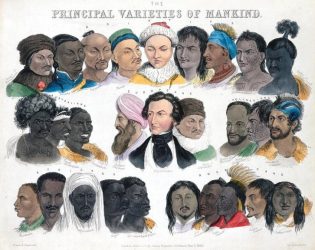
The historical relationship between antisemitism and Orientalism is usually understood according to their overlapping representations of Jews and Muslims. In this talk, Dorian Bell will begin by asking whether nineteenth century French antisemitism and Orientalism might also be considered from the standpoint of a functional continuity.
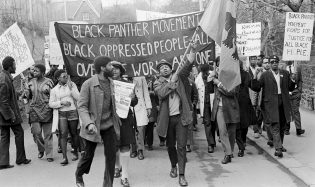
‘Antisemitism’ and ‘Racism’ are highly contested terms today, with little consensus on their definitions, and even less on how they may or not relate to each other. This talk will argue that there have been two distinct modes of anti-racism in Britain since the 1960s with their roots in the creation of the first Race Relations Act in 1965.
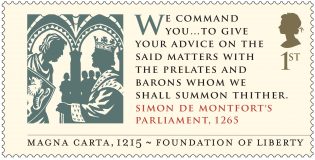
Memory is a vital component of national identity. But when it comes to Jews, national histories are mixed. In many cases, when nations have forged their identity, they have drawn the boundaries of their community in ways that exclude Jews.
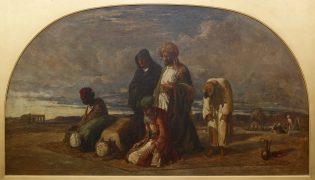
William Müller’s 1843 Prayers in the Desert is widely referred to as the first British painting to show Muslims at prayer, and it was undoubtedly one of the earliest to do so. Kate Nichols will explore what Prayers in the Desert might tell us about Victorian understandings of Islam, and how the display of this painting created dialogues about race, religion and difference in the supposedly secular context of the museum.
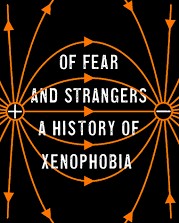
Over the last few years, it has been impossible to ignore the steady resurgence of xenophobia. The European migrant crisis and immigration from Central America to the United States have placed Western advocates of globalization on the defensive, and a ‘New Xenophobia’ seems to have emerged out of nowhere.
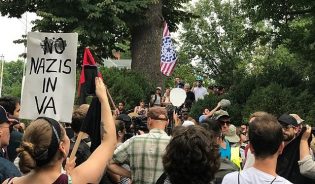
In the last several years, episodes of anti-Jewish violence in the United States have prompted scholars to rethink traditional models for understanding anti-Jewish bigotry, discrimination, and violence in the country. In this seminar, Britt Tevis will address the intellectual history of how scholars have traditionally conceptualized antisemitism in the U.S. and offer alternative frameworks.

The relationship between antisemitism and other forms of racism and exclusion is not only a historical question. It is an urgent issue for today.
Professor David Feldman, Director